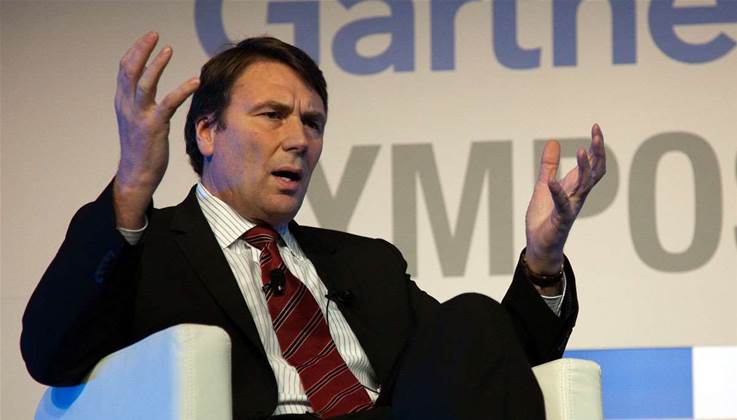Major IT industry chess pieces could be starting to move ahead of the prospect of a Labor federal government.

Two of Australia’s highest-profile technology and scientific leaders have launched a push to propel formal local regulation of artificial intelligence and automation ahead of a looming national election, a move that dovetails neatly with persistent calls from unions for policy intervention in the field.
David Thodey and Genevieve Bell have fronted an open letter to “Australia's business, academic, technology and government leaders” to create a new “specific organising body to guide and advance the development of ethical frameworks, policy, and regulation.”
The call to arms to set-up a new high-power group to help create and potentially inform domestic AI and technology policy decisions represents a potent break-away from traditional industry and professional groups like the Australian Information Industry Association and the Australian Computer Society.
While carefully couched in non-partisan terms, the creation of the group nonetheless creates an arm’s-length brains trust that can be tapped for policy ideas by the Labor Opposition as the Coalition attempts to minimise the remnants of deposed form PM Malcolm Turnbull’s heavy innovation focus.
A key issue unions – and particularly the Transport Worker’s Union under former secretary Tony Sheldon – have been pushing is that existing laws, rights and responsibilities cannot be conveniently abrogated by corporations and government pursuing automated efficiencies and then blaming machines for the fallout.
While unions have pushed the human cost and risks of AI, the new group has broadened its focus to the wider economy and society and is similarly advocating controls.
“Whilst there has been much debate, there has been little progress in how AI should be regulated,” the group’s letter says.
It cautions there are “significant risks” that need to be addressed that range from “ethical algorithms for autonomous vehicles, bias in AI-powered hiring processes, the impact of fake news bots or the potential to entrench ongoing exclusion on the basis of gender and minority status.”
Another problem cited is the “lack of a regulatory and ethical framework, as the pace of development of smart technology leaves the old, dumb law struggling to keep up.”
The presence of CSIRO chair Thodey, who managed to reset Telstra’s toxic and highly combative relationship with Canberra after the departure of Sol Trujillo, is significant because of his capacity to bring major corporations into the proposed tech regulation tent irrespective of the election outcome.
Thodey is also leading a root-and-branch review of the Australian Public Service, the report of which will also fall after the election. Also on the APS review team is the head of ANZ’s digital bank Maile Carnegie, who has been similarly outspoken on the challenge of humanising automation and AI.
Other signatories to the open letter include Stuart Fuller, James Mabbott, Genevieve Bell, Ross Buckley, Nicole Gillespie, Toby Heap, David Thodey, Mike Foster, Ken Reid, Kate Marshall.
The group says it will hold a thinker’s soiree, dubbed Artificial Intelligence Forum, on 7 Feb 2019 in an effort to “kick-start the creation of a charter and objectives for AI for Australia.”



_(33).jpg&h=140&w=231&c=1&s=0)







 iTnews Executive Retreat - Security Leaders Edition
iTnews Executive Retreat - Security Leaders Edition
 iTnews Benchmark Awards 2026
iTnews Benchmark Awards 2026
 iTnews Cloud Covered Breakfast Summit
iTnews Cloud Covered Breakfast Summit
 The 2026 iAwards
The 2026 iAwards












_(1).jpg&h=140&w=231&c=1&s=0)



